BIG BLUE FANS FOR

BASKETBALL
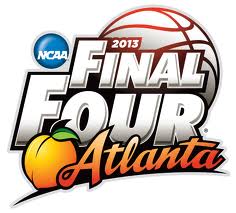
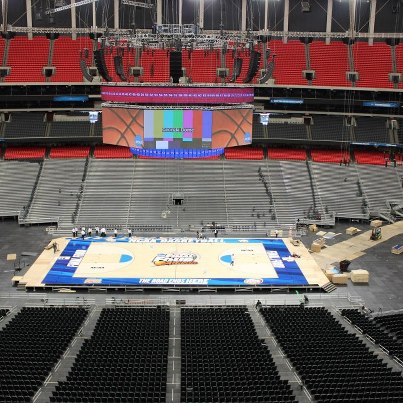
2013 NCAA TEAM DATA
AND NGE RANKING
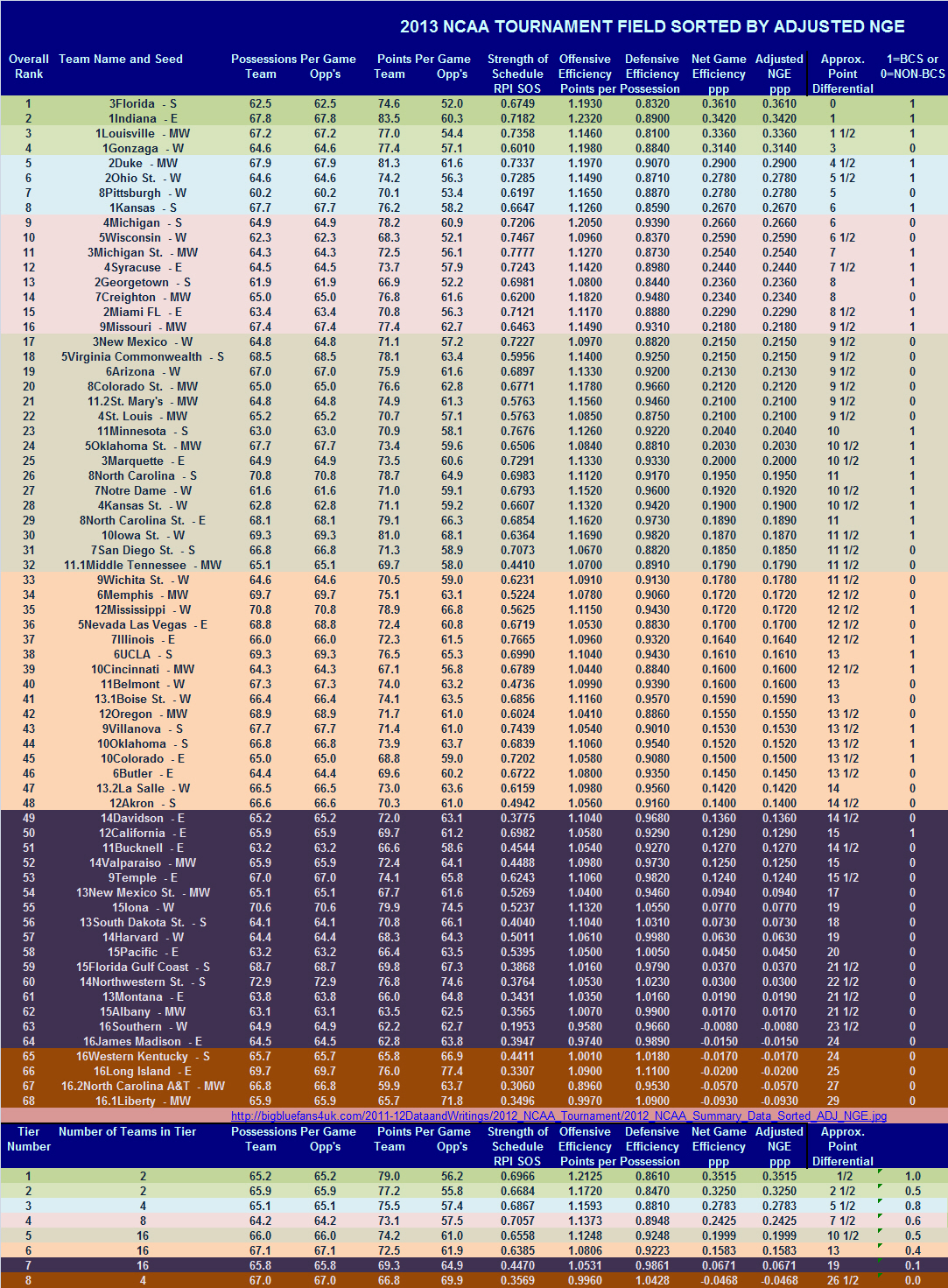
2013 NCAA TEAM DATA
AND NGE RANKING
ROUND OF 32
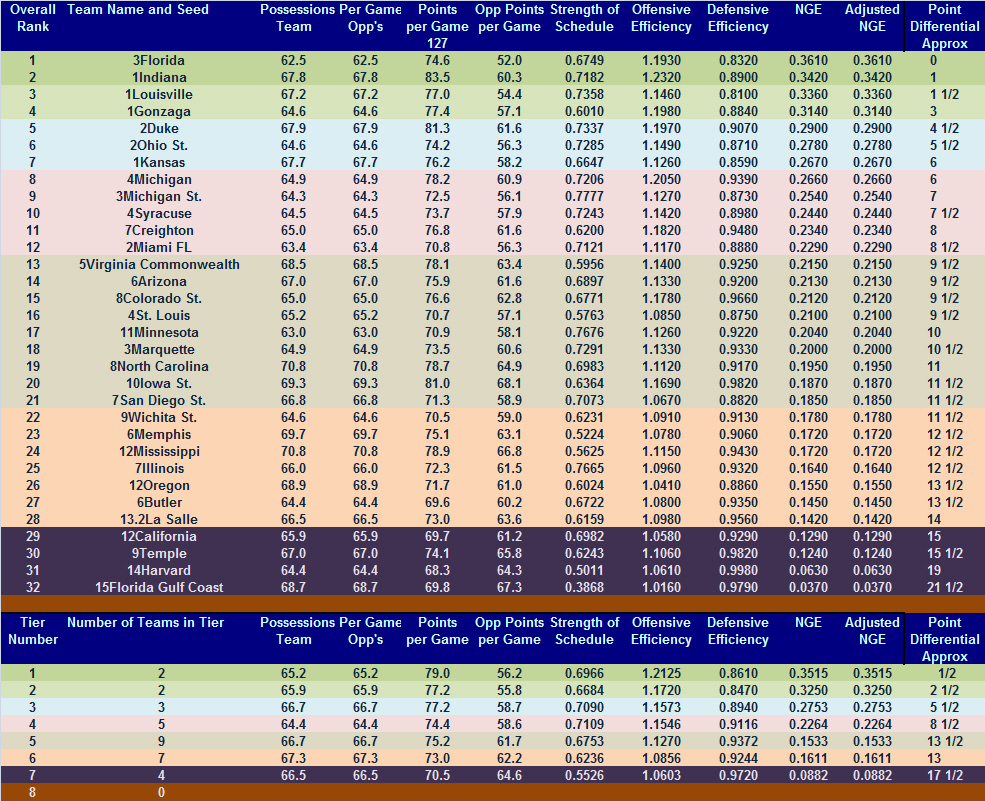
2013 NCAA TEAM DATA
AND NGE RANKING
SWEET 16
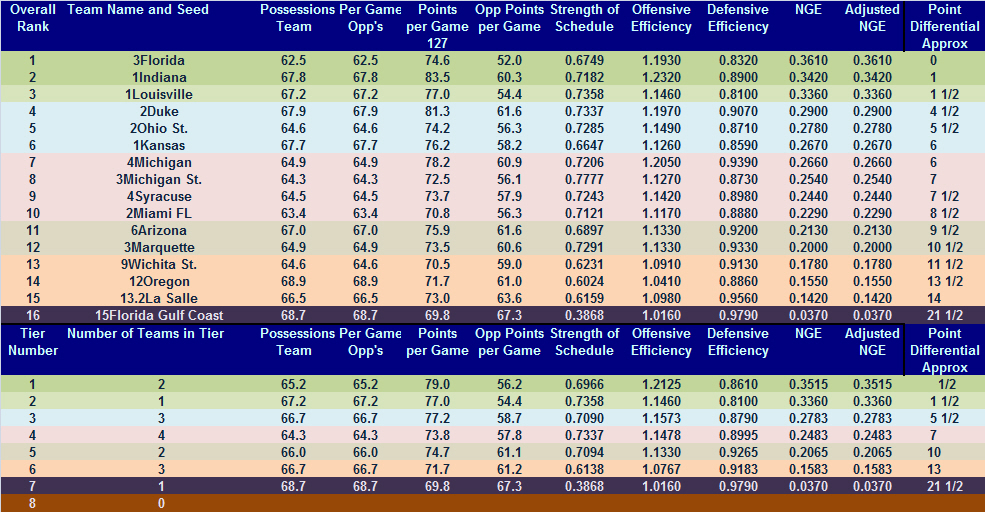
2013 NCAA TEAM DATA
AND NGE RANKING
ELITE 8
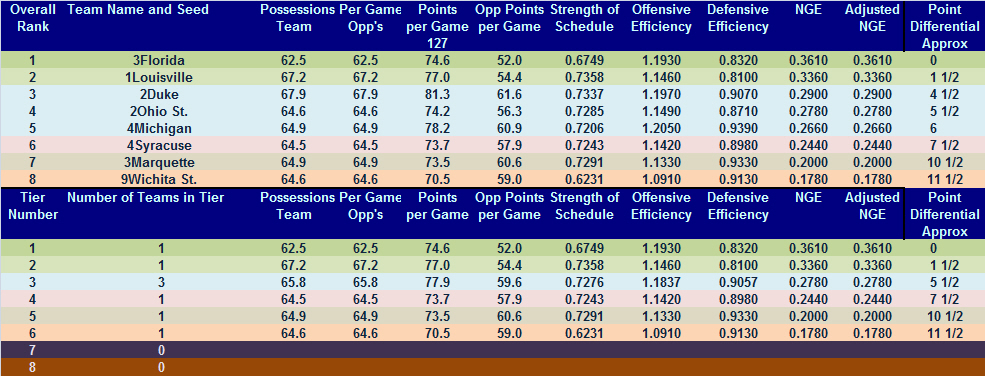
2013 NCAA TEAM DATA
AND NGE RANKING
FINAL 4-PROJECTED BASED ON ADJ NGE
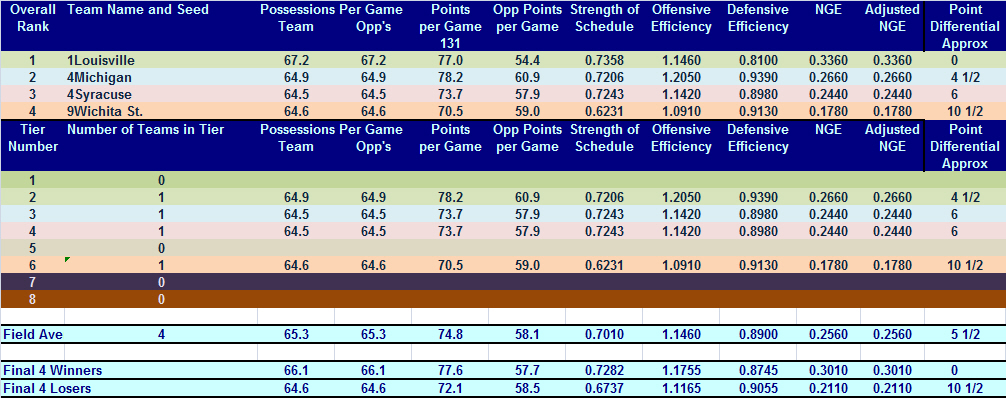
2013 NCAA TEAM DATA
AND NGE RANKING
CHAMPIONSHIP GAME-PROJECTED BASED ON ADJ NGE
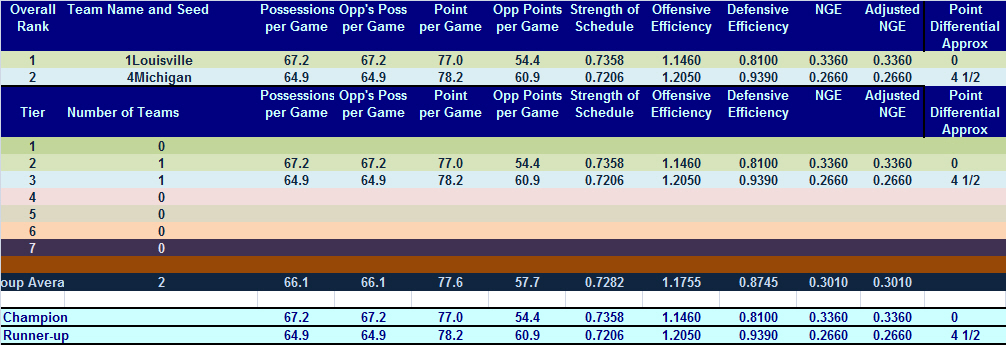
AVERAGE ADJUSTED NGE FOR EACH SEED POSITION FOR 2012
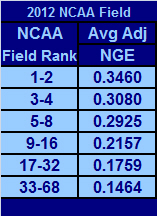
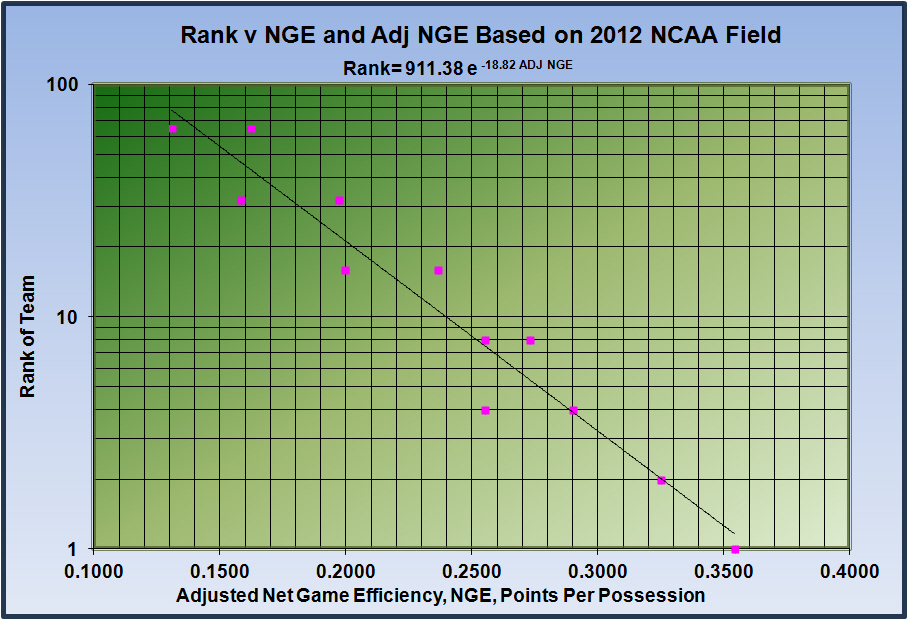
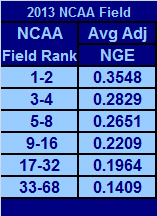
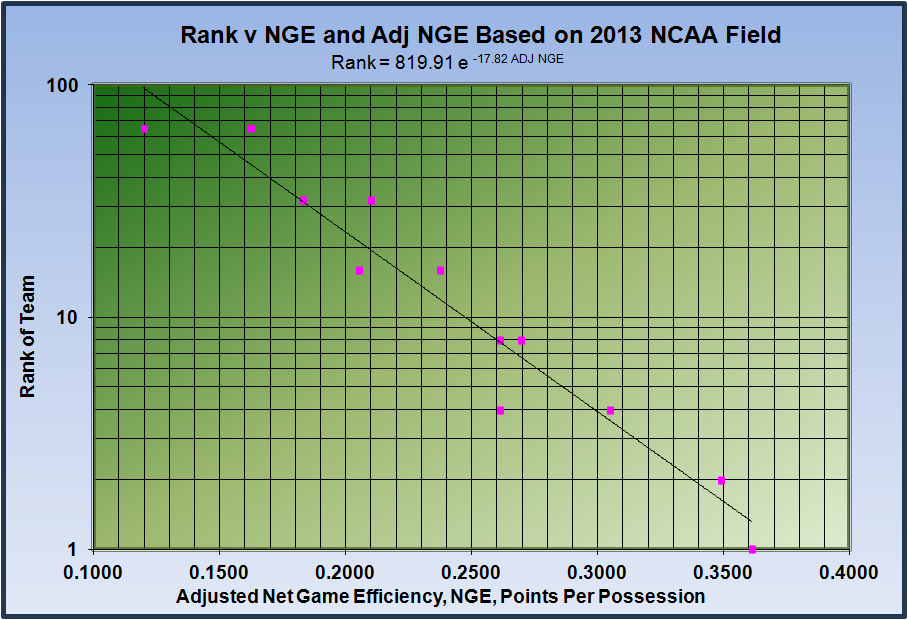
2011 SUMMARY OF PREDICTED V ACTUAL GAME BY GAME RESULTS
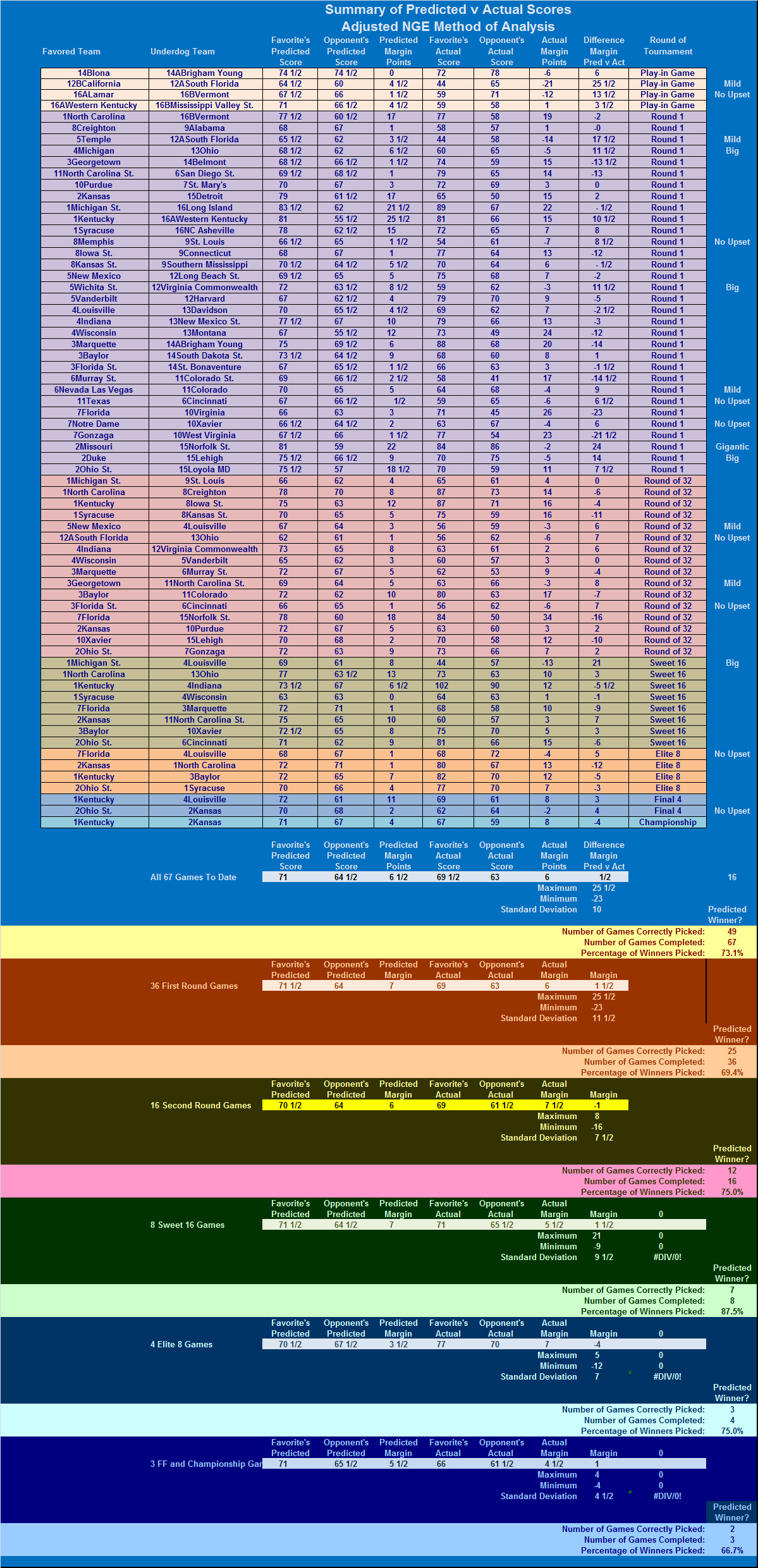
HOW HAVE THE NON-BCS TEAMS PERFORMED
AGAINST BCS TEAMS IN 2011?
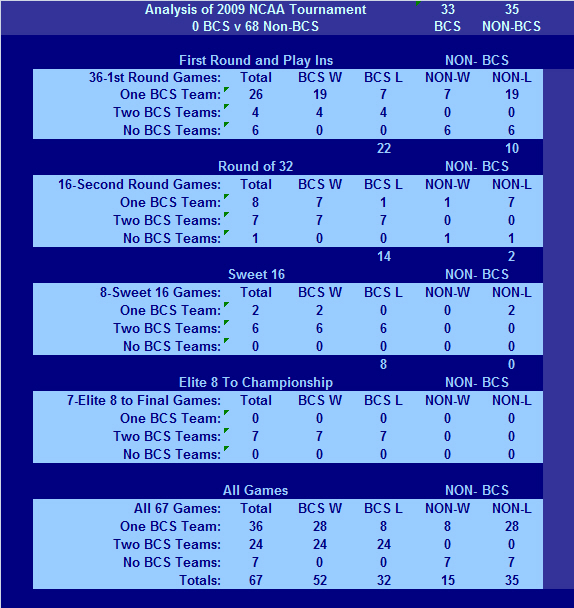
SUMMARY OF UPSET FREQUENCIES AND TOURNAMENT UPSETS
SORTED BY PREDICTED MARGINS-2011
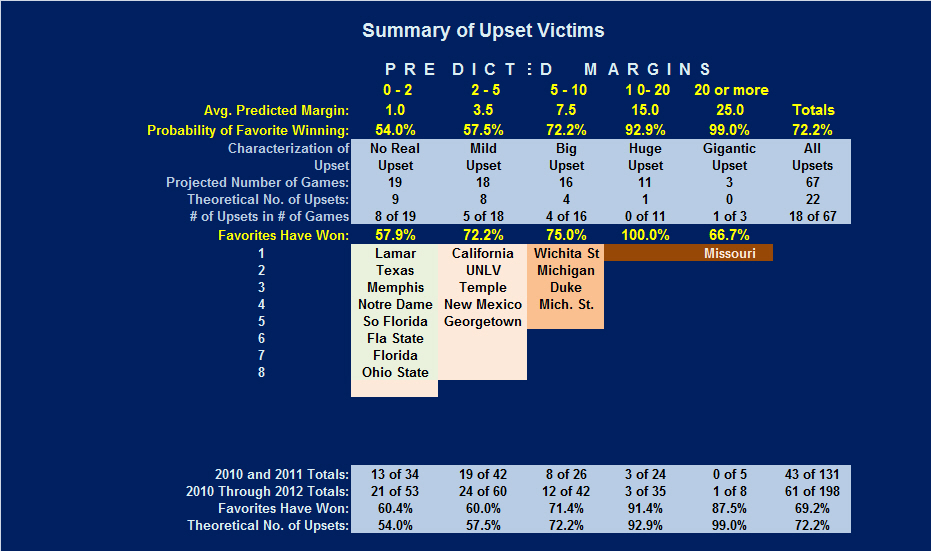
THEORETICAL V ACTUAL WINNING PERCENTAGE OF FAVORITES
AS A FUNCTION OF PREDICTED MARGIN-2011
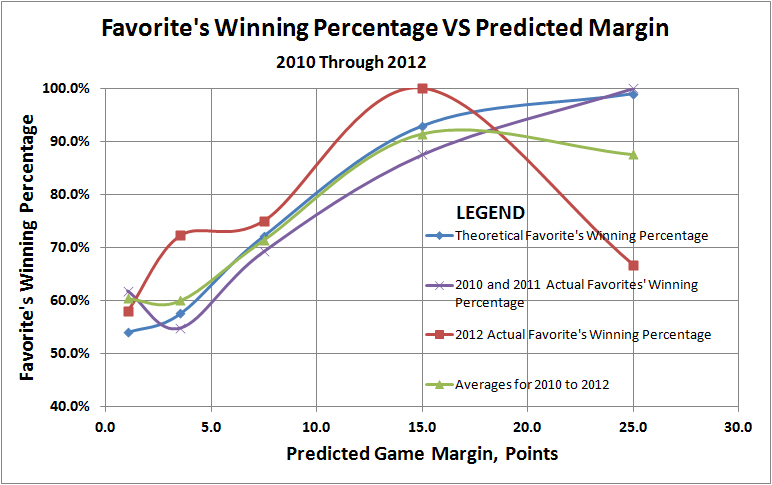
![]()
To Data Tables for
Games Against Team Ranked RPI Top 50
- All Games, Including Exhibitions
- All Games-D1 [No Exhibitions]
- Home
- Away
- Neutral Court
- Non-Conference
- SEC
- Pomeroy Top 50
- Pomeroy Over 50
- Post Season Play
- Games Since Louisville Game, 2003-2012
- SEC Tournament Gateway
- NCAA Tournament
You may link to any of these sorted data pages using the links above, or you can browse them in sequence using the "Continue" buttons at the bottom of each page.
1. Pace values will be lower, by the number of offensive rebounds.
2. Efficiencies will be higher due to the lower number of total possessions
3. Turnover rates will be higher due to the lower number of possessions.
CHECK OUT THESE OTHER ANALYTICAL WRITINGS
Change in Position on Definition of Possessions
Do Objective Performance Measures Like NGE
Account For Intangible?
Copyright 2011
SugarHill Communications of Kentucky
All Rights Reserved